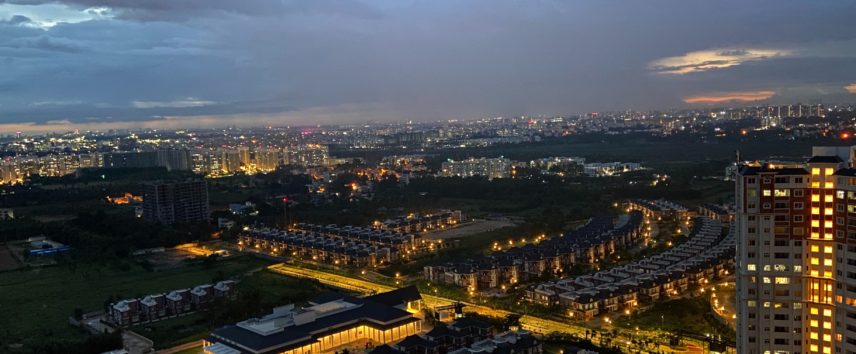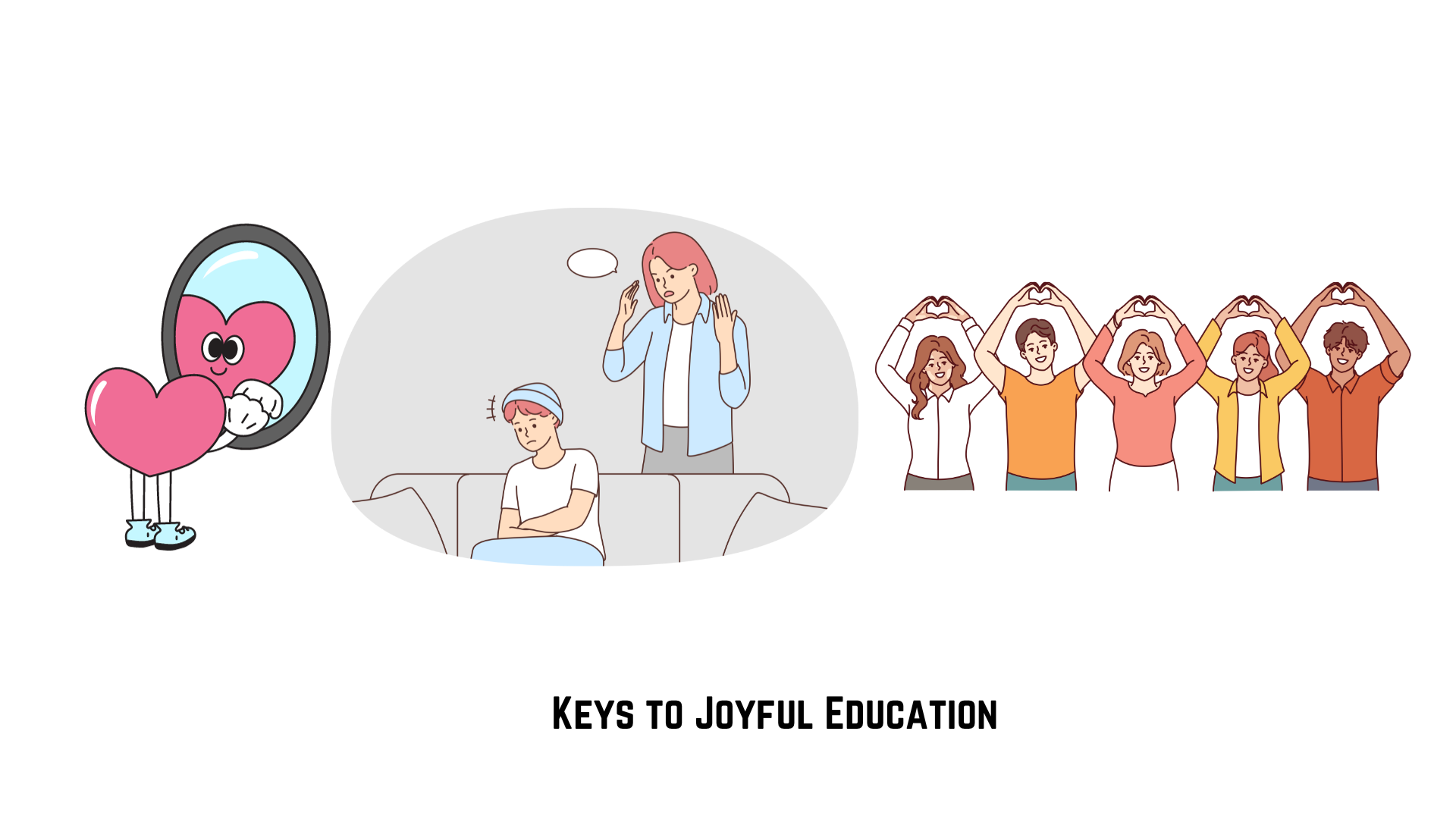Trending Now
- 830 voters names go missing in Kavundampalayam constituency
- If BJP comes to power we shall consider bringing back electoral bonds: Nirmala Sitaraman
- Monitoring at check posts between Kerala and TN intensified as bird flu gets virulent in Kerala
Columns
Mark Zuckerberg’s Internet gift to India looks like a trap
![]() January 2, 2016
January 2, 2016
China doesn’t allow Facebook. Just because India does, that doesn’t mean the country should welcome Facebook CEO Mark Zuckerberg’s plan to carve the Internet into pocket boroughs, let alone his preaching that this is a great way to connect a billion people to their digital future.
Facebook’s “Free Basics” service, which gave some wireless subscribers in India access to a clutch of pre-selected websites without having to pay data charges, was put in abeyance recently at the request of the Telecom Regulatory Authority of India (Trai). Activists say the programme threatens Net neutrality, the principle that all Internet sites should be equally accessible. The regulator is yet to decide whether a differential pricing regime for some websites or applications will be allowed.
Concerned that Free Basics’ days may be numbered in India, Zuckerberg has been running a petition campaign by Facebook users to influence the decision. Throw in a rebuttal to a critical article in the country’s largest-selling English daily, dozens of splashy ads targeting activists in major newspapers, and finally an op-ed by Zuckerberg himself, and you have a picture of just how high the stakes are for the social networking site. India is already the company’s second-biggest market by users after the US.
Facebook’s argument is that Free Basics could speed up the growth of new mobile Internet users in India by as much as 50%. It also claims that “only a tiny (single digits) per cent stay on free services after 30 days.”
Now, it’s highly unlikely that within a month most people who got on to Free Basics discovered so much value in the World Wide Web that they decided to pay for the full experience. Here’s a more likely explanation: The poor, too, have tastes. Maybe they saw so little value in the Free Basics fare that they decided to pay for data, even if that meant having to cut back on some other household expense.
Therein lies the catch. Even after people start paying data charges to access Google and everything else that’s unavailable through Free Basics, they can still use Facebook for free. “This isn’t about Facebook’s commercial interests—there aren’t even any ads in the version of Facebook in Free Basics,” Zuckerberg claims. The second part of that statement may be true. It still doesn’t validate the first.
Think about it. If every telecom company in India gave a free Facebook Messenger option, there’s virtually zero hope for an Indian version of a QQ or WeChat, homegrown Chinese instant messaging services with functionalities that are streets ahead of what Zuckerberg has to offer.
Facebook says it won’t be a gatekeeper, and is ready to subject its content selection process to third-party scrutiny. But which venture capitalist will even entertain the idea of financing a newer, better mousetrap where existing mousetraps come with free cheese?
Even if one believes Zuckerberg to be entirely altruistic in his mission, how does Facebook guarantee good behaviour by wireless carriers? There’s a war going on for fourth-generation mobile-phone users in India, and indeed in much of emerging Asia. The network owners are spending billions of dollars to acquire spectrum and customers, and to upgrade their networks.
All this investment may make sense only if the service providers can get a slice of digital content revenue, for which they may have to own the production companies. Once they do, they will have an incentive to protect their content from worthier challengers by denying consumers access to the latter’s websites and applications. Gresham’s law will prevail, and bad content will drive out good. Instead of an exciting future, Zuckerberg’s billionth customer in India may be delivered to a wasteland where the only meaningful thing he or she can do for free is to send friend requests.
This column does not necessarily reflect the opinion of Bloomberg LP and its owners.
Andy Mukherjee
Disclaimer:The views expressed above are the author’s own






















